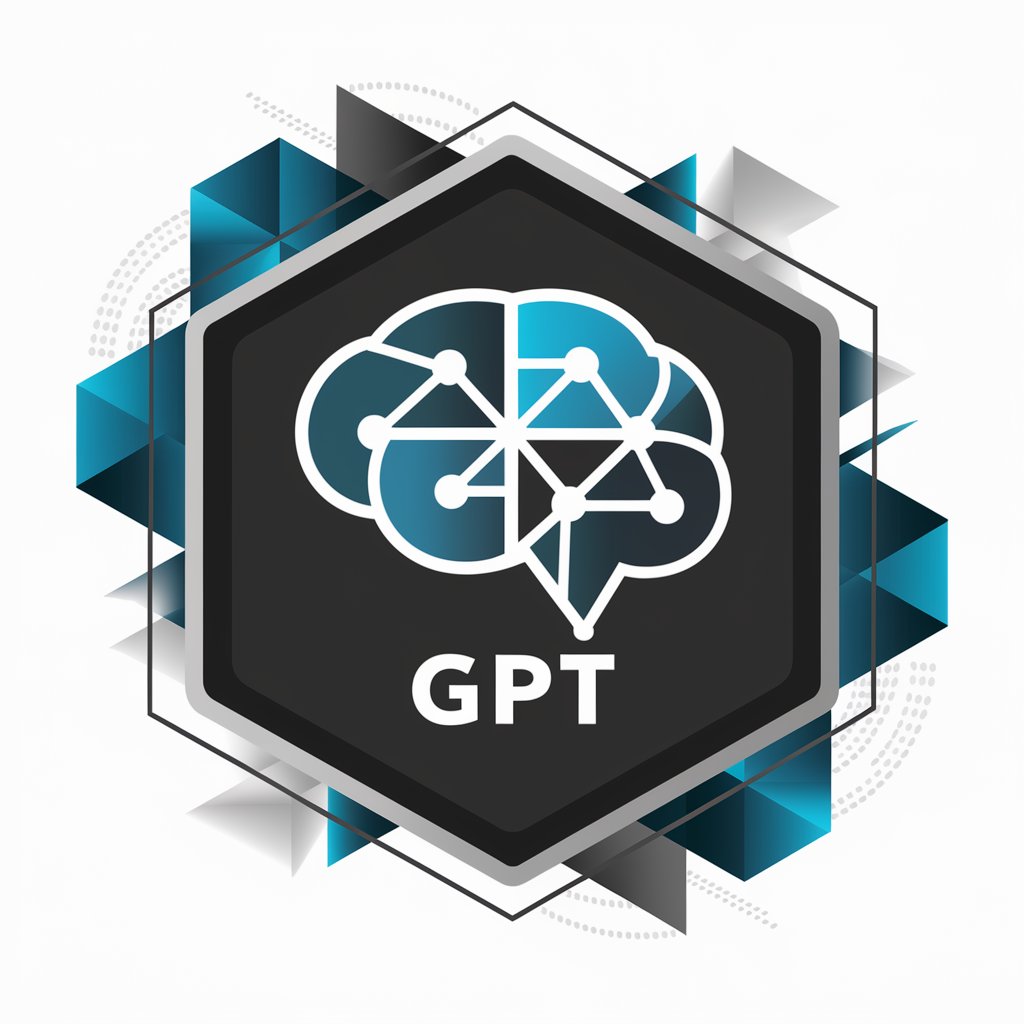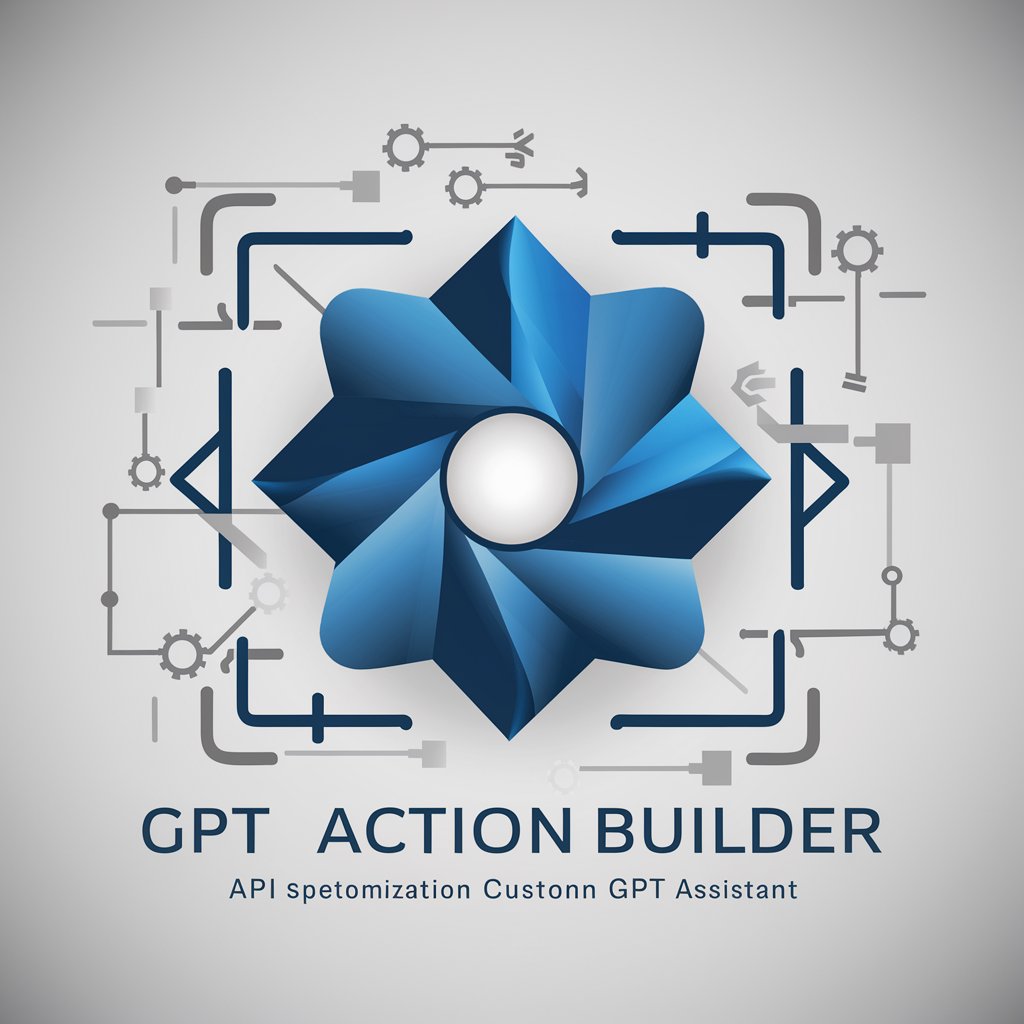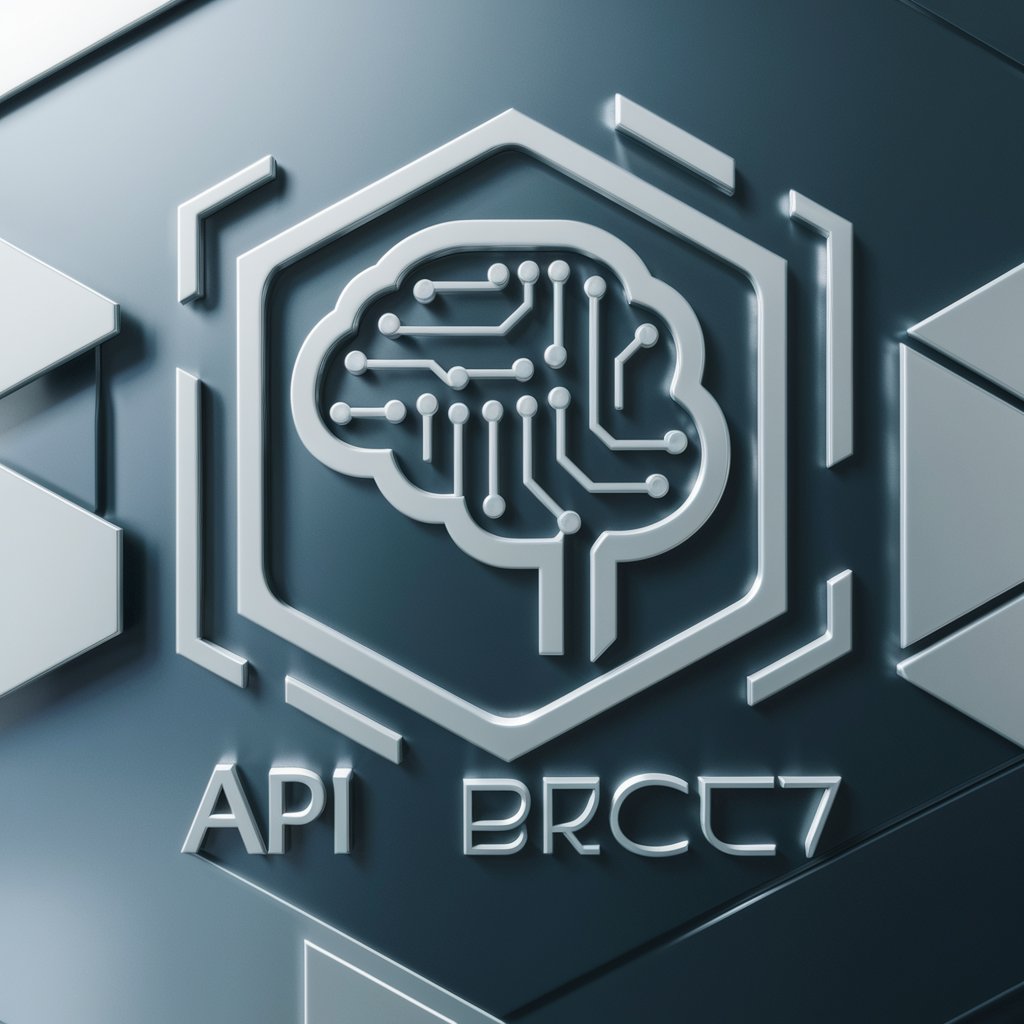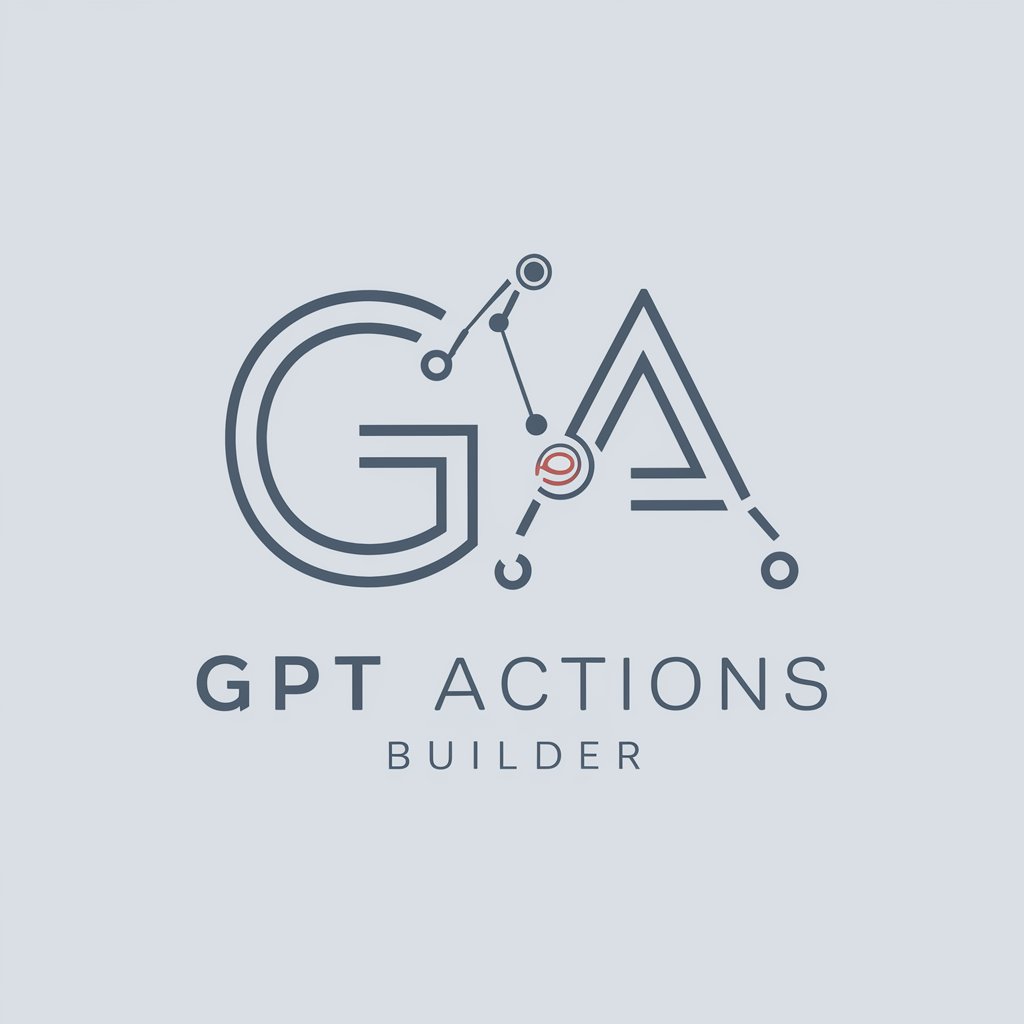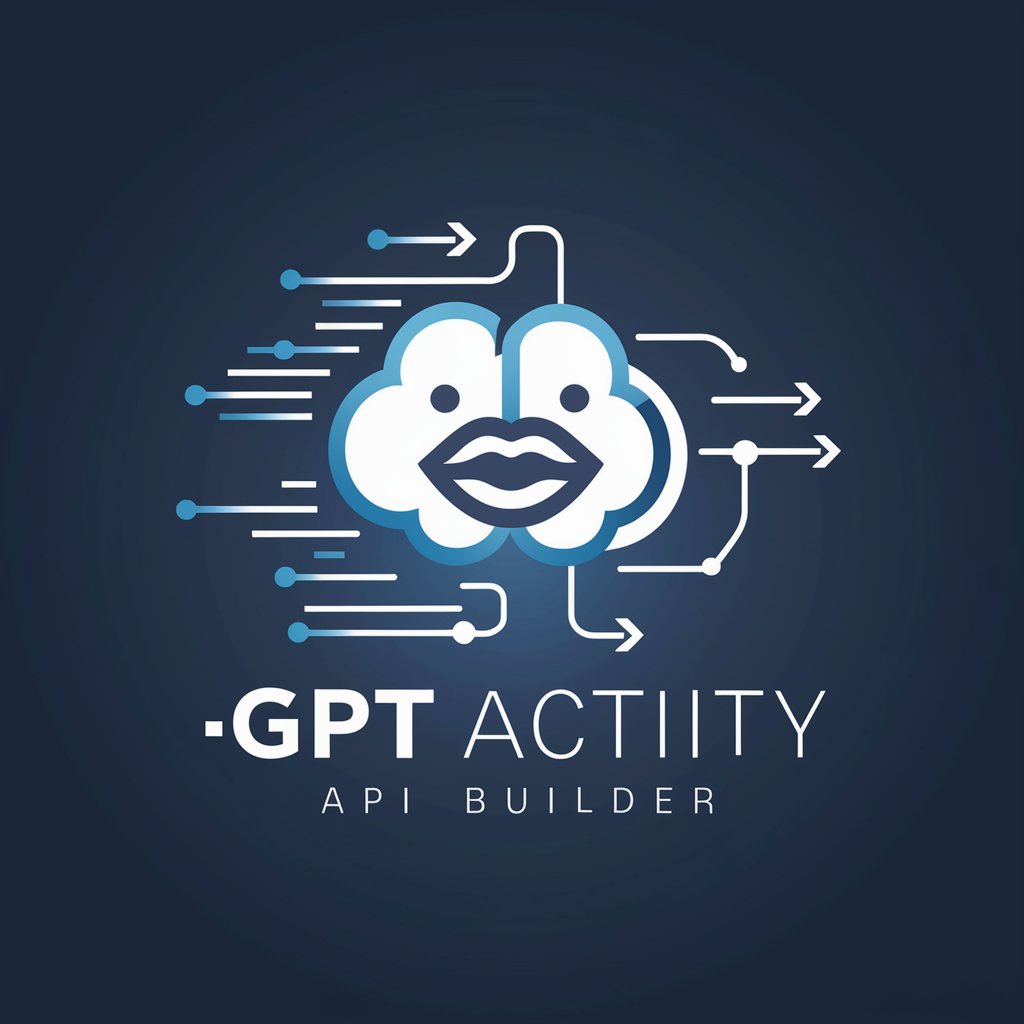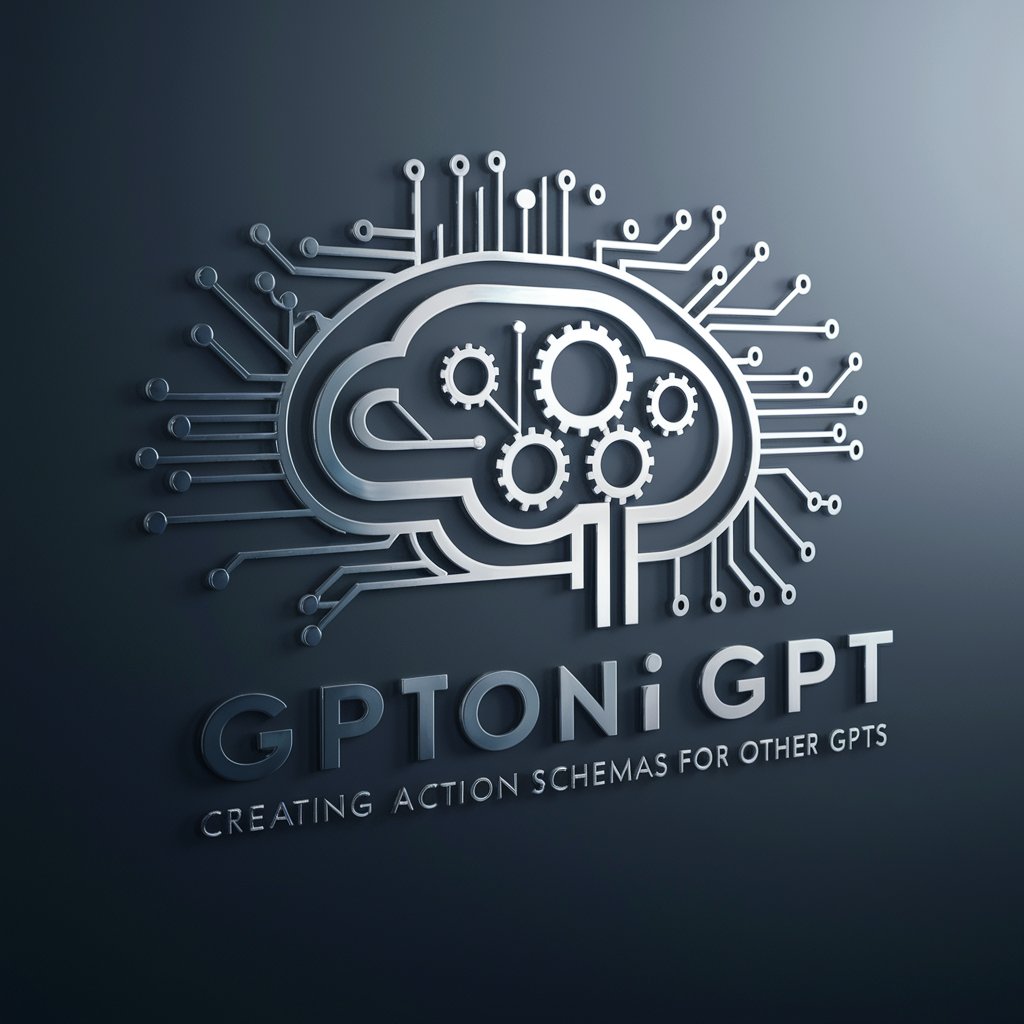
CURL to GPT Action Schema - OpenAPI Schema Generation

Welcome to CURL to GPT Action Schema!
Seamlessly Transform CURL to OpenAPI Schemas
Design a sleek logo for 'CURL to GPT Action Schema'...
Create a modern and professional logo representing API and data conversion...
Develop a logo that symbolizes precision in converting CURL requests...
Craft a logo that visually represents the technical nature of OpenAPI specifications...
Get Embed Code
Overview of CURL to GPT Action Schema
CURL to GPT Action Schema is a specialized tool designed to interpret and convert CURL requests into detailed GPT action schemas that adhere to the Open API Specification 3.1.0. It is capable of parsing various elements of a CURL request, such as headers, methods, and data, and translating them into a structured and precise API schema. This tool is particularly useful for developers and API designers who aim to create or document APIs based on CURL commands. An example scenario is when a developer has a CURL command for an API call and needs to document or generate corresponding OpenAPI specifications for better understanding, documentation, or integration purposes. Powered by ChatGPT-4o。

Core Functions of CURL to GPT Action Schema
Conversion of CURL Requests
Example
Translating a CURL request for a REST API call into an OpenAPI spec.
Scenario
A developer has a CURL command to fetch user data from a REST API and needs an OpenAPI spec for documentation.
Detailed API Endpoint Documentation
Example
Generating structured API endpoint documentation from CURL commands.
Scenario
An API designer uses CURL commands to demonstrate API usage and requires detailed documentation for various endpoints.
Authentication Setup
Example
Explaining how to set up authentication based on the CURL request's authentication method.
Scenario
An application using basic auth via CURL needs guidance on implementing the same authentication in the OpenAPI schema.
Target User Groups for CURL to GPT Action Schema
API Developers and Designers
Professionals who design, develop, and document APIs. They benefit from the ability to quickly translate CURL commands into structured API specifications.
DevOps and System Integrators
Experts in integrating various systems and ensuring seamless operation. They use this tool to understand and document API calls made via CURL for better integration and deployment strategies.
Technical Writers
Individuals responsible for creating technical documentation. They find the tool helpful in converting CURL commands into human-readable API documentation.

Guidelines for Using CURL to GPT Action Schema
Initial Access
Visit yeschat.ai for a free trial without login, also no requirement for ChatGPT Plus.
Understanding CURL Requests
Familiarize yourself with CURL command structures and their purposes in API interactions.
Preparing CURL Commands
Draft the CURL request you intend to convert, ensuring it includes all necessary headers, data, and endpoints.
Using the Conversion Tool
Input your CURL command into the CURL to GPT Action Schema tool to generate the corresponding GPT Action Schema.
Review and Implement
Review the generated schema for accuracy and implement it within your API environment for efficient interactions.
Try other advanced and practical GPTs
A Life Coach
Empower Your Journey with AI Coaching

#1 Financial Coach
Empowering Financial Decisions with AI

Life-Hack GPT
Transforming Challenges with AI-Powered Hacks

Image2LaTeX
AI-Powered LaTeX Equation Digitization and Explanation

Shopping Buddy
Smart Shopping with AI-Powered Insights

Maestrix
AI-Driven Insight, Human-Crafted Strategy

Fun with Weather
Bringing Weather to Life with AI

CodeVenture AI
Empowering Entrepreneurs with AI-Powered Coding Insights

Marley the Farmer
Grow smarter, not harder with AI-powered cannabis cultivation advice.

Social Media Guru
Elevate Your Posts with AI Creativity

Rap Music Ai
AI-Powered Rap Creation and Promotion
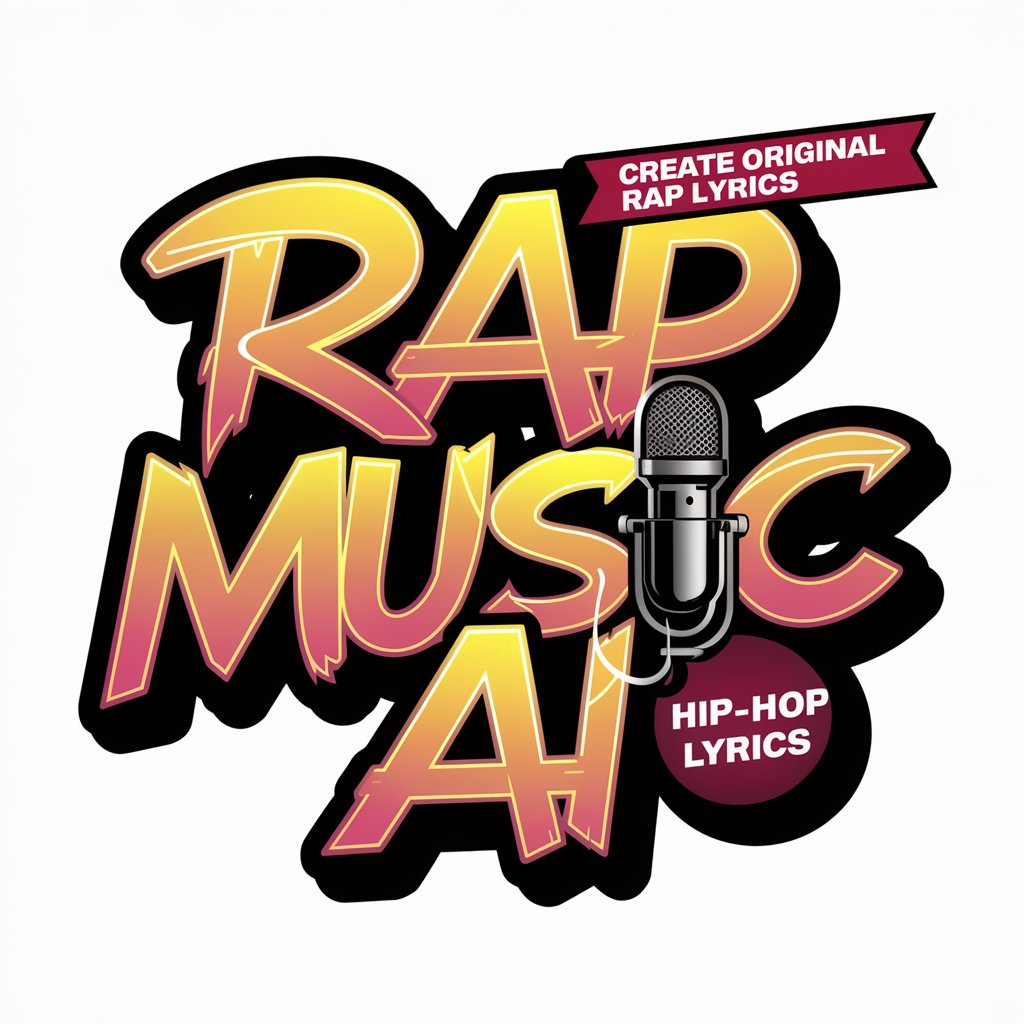
Rúbricas de evaluación - ProfesTV
Streamlining Assessment with AI-Powered Precision
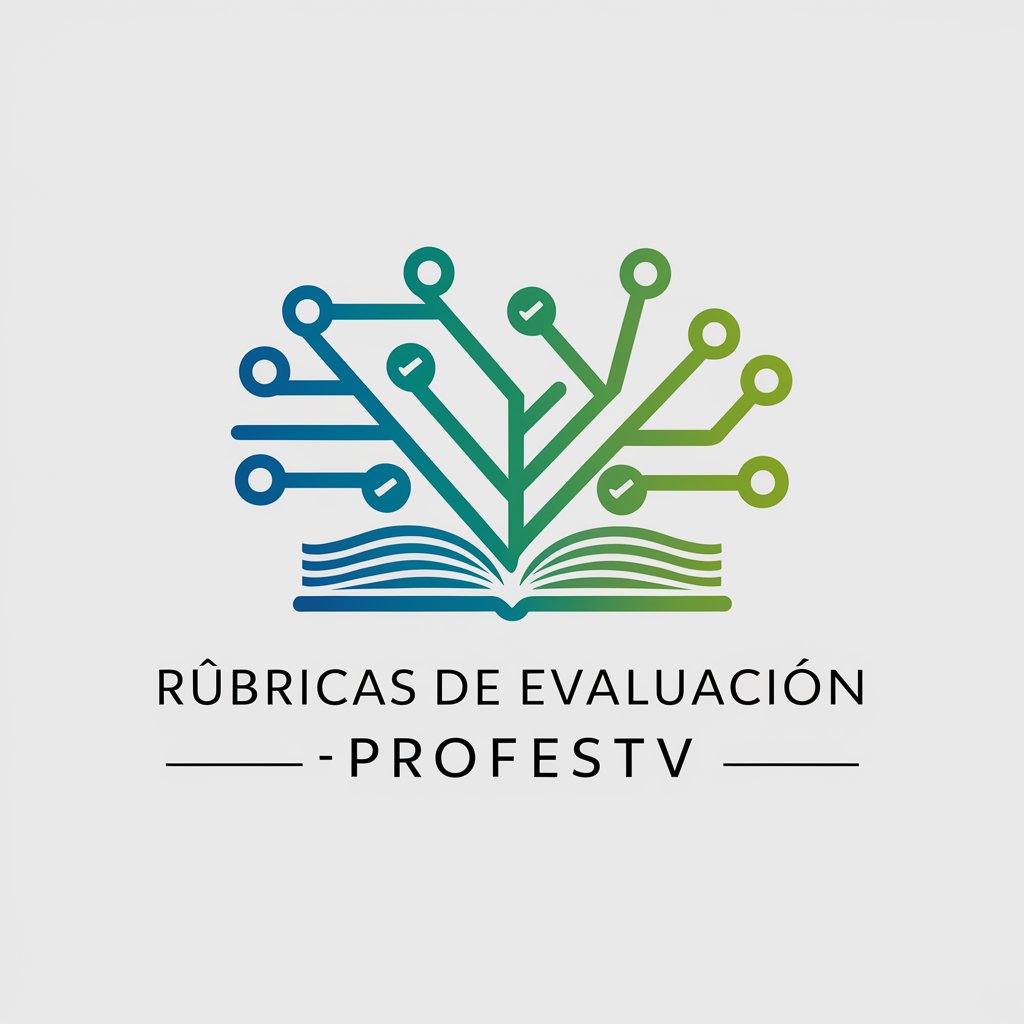
CURL to GPT Action Schema Q&A
What is CURL to GPT Action Schema primarily used for?
It's used to convert CURL requests into detailed GPT action schemas, aligning with OpenAPI Specification 3.1.0, for efficient API interactions.
Can I convert any CURL request using this tool?
Yes, the tool is designed to handle a wide range of CURL requests, translating them into accurate GPT action schemas.
How does this tool ensure the accuracy of a schema?
It meticulously parses the CURL request, ensuring all headers, methods, and data are accurately reflected in the generated schema.
Is prior knowledge of OpenAPI necessary to use this tool?
Basic understanding of OpenAPI is beneficial but not mandatory, as the tool simplifies the conversion process.
Can the generated schemas be customized?
After conversion, users can modify the generated schemas to better suit their specific API requirements.
